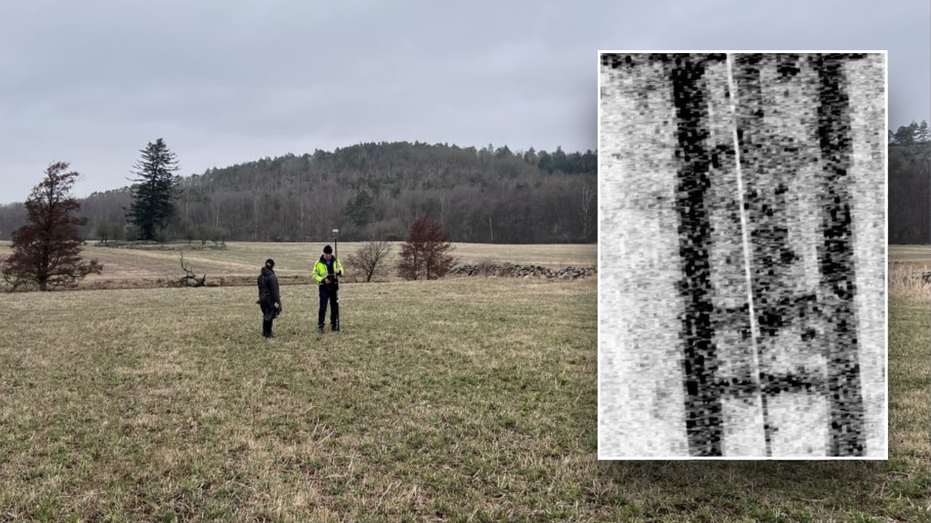- by foxnews
- 02 Jun 2025
Nearly half of Gen Z admits to lying on job applications, survey finds
Gen Z tops the list of job applicants falsifying applications, survey shows. Career experts suggest skill development and networking as solutions.

New survey data indicates that one in four job applicants has lied, exaggerated or provided inaccurate information on their applications in some way, shape or form - and Gen Z leads the trend.
Across all generations, "work experience" and "responsibilities" ranked the highest out of all falsified categories, but to a lesser degree than zoomers.
Certified Professional Career Coach (CPCC) Amanda Augustine told Fox News Digital the prevailing reason for the falsehoods is that young applicants with limited experience are desperate to make a good first impression and get their foot in the door.
"You hear so much of people complaining about this big resume hole their applications have fallen into, and it's out of sheer desperation that they're trying to enhance their experience in a way that will hopefully land them at least that interview," she said Tuesday.
Augustine has worked with multiple clients over the years to help them reach their full professional potential.
She has heard many of these clients say they would be great for a role, even if they don't appear perfect on paper, and they only need the chance to prove themselves.
"I think it's that sentiment across all generations, but especially this younger generation that has not necessarily had to face the job market before, is really fueling some of these white lies, some of these flat-out lies that they're putting on applications," Augustine said to Fox News Digital.
The data appears to reflect a desperation to appear "experienced" that steadily declines with age, indicating those still relatively new to the job market are uncertain about the navigation techniques they need to employ to find work.
The dropoff between zoomers and millennials who admitted to lying with regard to job responsibilities was approximately 8 percent, with Gen Xers and baby boomers continuing to dial back the intensity.
In the "work experience" area, zoomers' 22.97% still sat a few points higher than millennials' 18.70%. Compare that to Gen Xers and baby boomers at 9.51% and 3.59%, respectively.
Augustine says some of the falsehoods, such as lengthening the time worked at a specific location, are done to mitigate the stigma of employment gaps, something job applicants are forced to confront from time to time.
"I think people are really trying to find ways to do little stretches of the truth that they believe will land them that interview so that those small inconsistencies will just kind of be swept under the rug and ignored if they make a great impression during the interview process," she said.
But lies and fabrications can lead to big problems and have done so in some high-profile cases.
Augustine says, for those with limited experience who want to appear as capable as possible for a role, focus on taking an inventory of your skills.
"There is such a greater emphasis placed on the soft skills such as collaboration, communication, problem solving. I mean, who doesn't need a creative problem solver for their business these days? I can't think of an industry where that wouldn't be helpful in some shape or form," she said.
But providing examples of times you have had to use the skills you profess to have or closing skill gaps through means such as taking an online course or learning from free demos are also important, she noted.
Then there's networking - another useful tool in your tool belt if you're trying to get your foot in the door.
- by foxnews
- descember 09, 2016
History buff uncovers lost medieval monastery thanks to strange map symbol
Swedish archaeologists uncovered medieval monastery ruins in Derome, thanks to a history enthusiast's research of old maps and advanced radar technology.
read more


